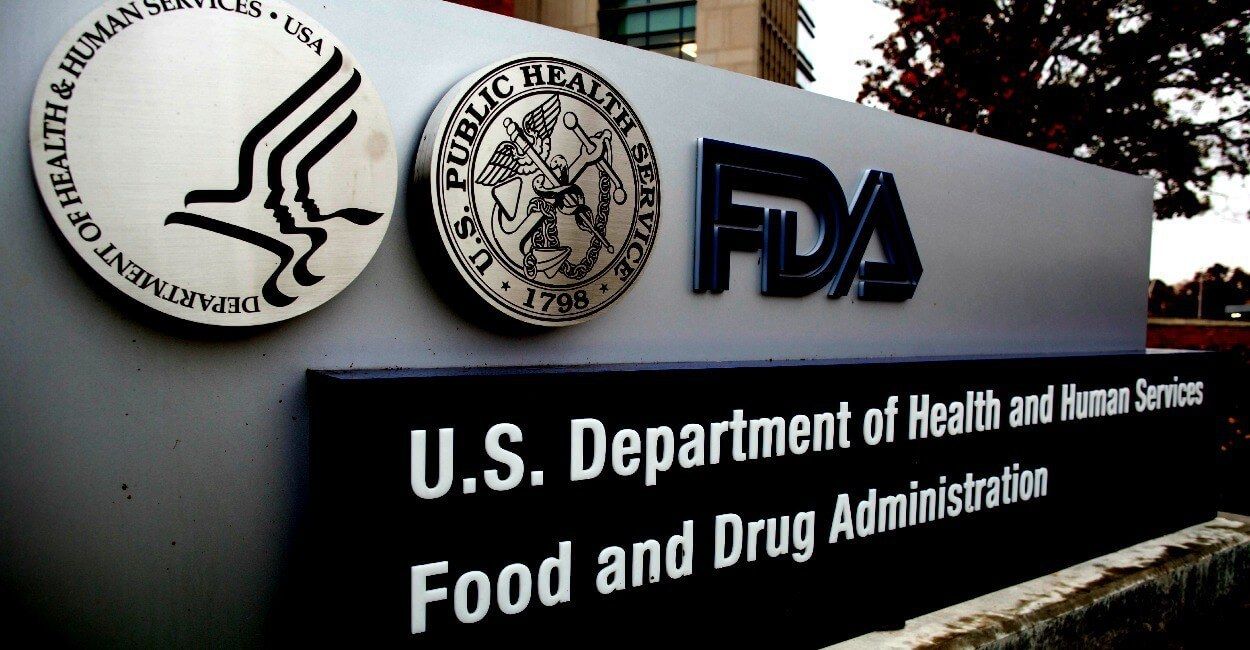FDA approves Yupelri ( revefenacin )
On November 9, 2018, the FDA approved the new drug Yupelri (Revefenacin) for the treatment of patients with moderate to very severe chronic obstructive pulmonary disease.
The FDA, an agency within the U.S. Department of Health and Human Services, protects the public health by assuring the safety, effectiveness, and security of human and veterinary drugs, vaccines and other biological products for human use, and medical devices. The agency also is responsible for the safety and security of food supply, cosmetics, dietary supplements, products that give off electronic radiation, and for regulating tobacco products.

| Organization: | FDA |
|---|---|
| Category: | Governmental Organizations |
| URL: | https://www.fda.gov/ |
On November 9, 2018, the FDA approved the new drug Yupelri (Revefenacin) for the treatment of patients with moderate to very severe chronic obstructive pulmonary disease.
On November 2, 2018, the US Food and Drug Administration approved lorlatinib (Lorbrena) to accelerate the approval of patients for the treatment of ALK-positive metastatic non-small cell lung cancer (NSCLC), which have been used in one or more types of ALK cheese. Progression on tyrosine kinase inhibitors (TKIs).
On October 24, the US Food and Drug Administration (FDA) approved the launch of the new anti-influenza drug Xofluza (baloxavir marboxil), jointly developed by Japan’s Yanyeyi Pharmaceutical Co. and Roche, for the treatment of 12-year-old and above without complications. Acute flu patients. It is worth mentioning that this is the new anti-viral flu treatment method approved by the FDA for the first time in 20 years.
Talazoparib is a once-a-day oral poly ADP ribose polymerase (PARP) inhibitor. Preclinical studies have shown that talazoparib has a strong activity and has a dual mechanism of action, which can induce tumor cell death by blocking PARP enzyme activity and capturing PARP at the site of DNA damage. Talazoparib is currently being evaluated for advanced gBRCAm breast cancer, early triple-negative breast cancer, and DDR-deficient prostate cancer, and is used in combination with various immunotherapies for the treatment of solid tumors.
On October 8th, Akcea and Ionis' Tegsedi were approved by the US FDA for hereditary parathyroid hormone amyloidosis (HATTR), a rare disease that forms starch in the peripheral nervous system and multiple organs. Protein accumulation. Tegsedi (inotersen) is designed to block the production of TTR proteins, and the slow accumulation of TTR proteins causes sensory, motor and autonomic dysfunction in patients with the disease.
Elapegademase-lvlr is a novel enzyme replacement therapy for the treatment of adenosine deaminase deficiency in severe combined immunodeficiency (ADA-SCID) in children and adults. (ADA-SCID is an ultra-rare and highly destructive hereditary disease. Patients affected by ADA-SCID have an impaired immune system that prevents patients from fighting bacterial, viral and fungal infections.)
Omadacycline is a new generation of aminomethylcyclotetracycline developed by Paratek Pharmaceuticals, which has a broad spectrum of activity against Gram-positive, Gram-negative and atypical bacteria.
Paratek Pharmaceuticals announced on October 2 that the FDA approved Seysara (sarecycline) for the treatment of moderate to severe acne in people over 9 years of age.
Sarecycline is a once-a-day, oral, narrow-spectrum tetracycline-derived antibiotic with anti-inflammatory properties that can be used as a potential treatment for moderate to severe acne in a community setting.
September 28, 2018, The U.S. Food and Drug Administration today approved Libtayo (cemiplimab-rwlc) injection for intravenous use for the treatment of patients with metastatic cutaneous squamous cell carcinoma (CSCC) or locally advanced CSCC who are not candidates for curative surgery or curative radiation. This is the first FDA approval of a drug specifically for advanced CSCC.
Lung cancer is one of the most common malignant tumors and the first cause of death in malignant tumors in urban population in China. Non-small cell lung cancer accounts for 80% of lung cancer. EGFR is a protein that helps cells grow and divide. When it is mutated, it can cause cancer cells to form. EGFR mutations occur in 10% to 35% of non-small cell lung cancer worldwide.